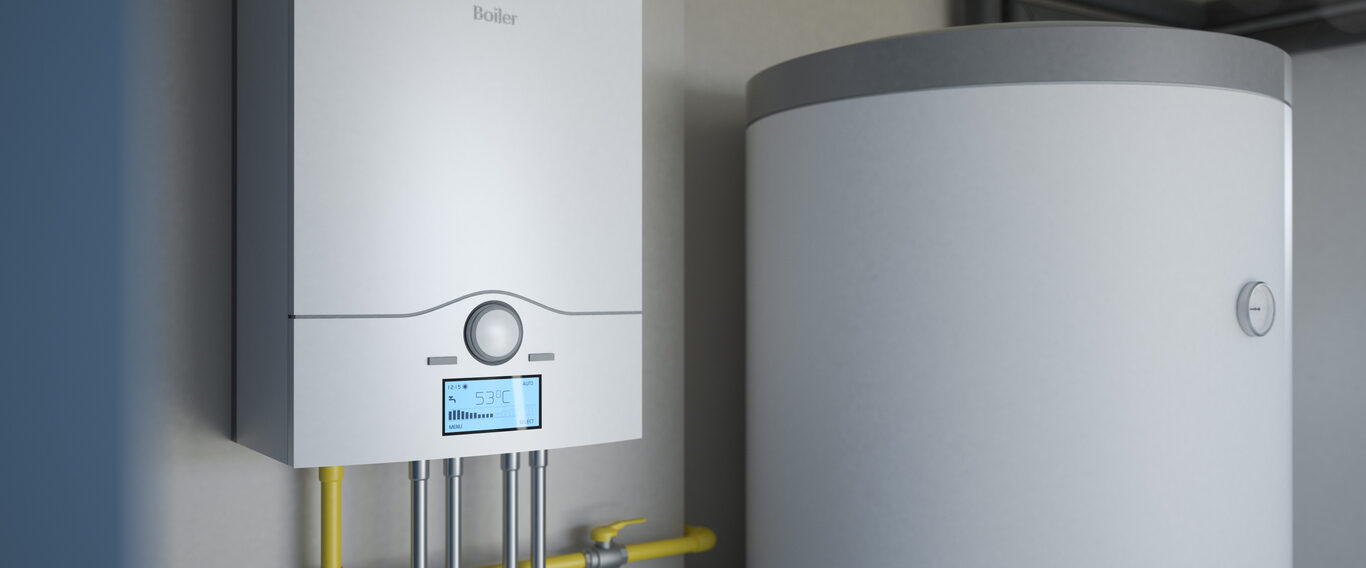Looking to upgrade your water heater? Then it’s time to consider the pros and cons of tankless water heaters. These innovative appliances have gained popularity in recent years, offering numerous advantages, such as energy efficiency and unlimited hot water supply. However, it’s not all sunshine and rainbows. There are a few drawbacks to consider as well, such as a higher upfront cost and limited simultaneous usage. In this article, we’ll take a closer look at the positive and negative aspects of tankless water heaters, helping you make an informed decision for your home.
Pros of Tankless Water Heaters
Endless Hot Water Supply
One of the biggest advantages of tankless water heaters is the endless supply of hot water they provide. With a tankless water heater, you can enjoy unlimited hot water on demand without ever running out. Unlike traditional water heaters that store a finite amount of hot water in a tank, tankless water heaters heat the water as it flows through the unit, ensuring a constant supply of hot water. This is especially beneficial for households with large families or commercial establishments where the demand for hot water is high.
Energy and Cost Efficiency
Tankless water heaters are known for their energy and cost efficiency. One of the main reasons is that they eliminate standby heat loss, which occurs in traditional water heaters where the stored hot water loses heat over time. With a tankless water heater, you only heat the water you need when you need it, resulting in lower energy consumption. This can lead to significant savings on your utility bills, making a tankless water heater an economically wise choice in the long run.
Longer Lifespan
Tankless water heaters have an average lifespan of 20 years or more, which is significantly longer than traditional water heaters. This means less frequent replacement and repair costs in the long term. Investing in a tankless water heater can provide you with peace of mind knowing that it will last for many years, making it a better long-term investment for your home.
Space Saving
Tankless water heaters have a compact design, taking up much less space compared to traditional water heaters with large storage tanks. This makes them an ideal choice for smaller living spaces or apartments where space is limited. By eliminating the need for bulky storage tanks, tankless water heaters can free up valuable space in your home, allowing for more flexibility in your overall layout.
Reduced Environmental Impact
Tankless water heaters contribute to reducing the environmental impact. They have a lower carbon footprint compared to traditional water heaters, as they do not require the constant heating and reheating of water in a storage tank. Additionally, tankless water heaters waste less energy since they only heat water when it is needed. By choosing a tankless water heater, you are making a conscious decision to minimize your ecological footprint and promote sustainability.
Cons of Tankless Water Heaters
Higher Initial Cost
One of the main drawbacks of tankless water heaters is their higher initial cost compared to traditional water heaters. The technology and components used in tankless water heaters can be more expensive, resulting in a higher upfront investment. However, it is important to consider the long-term savings in energy costs and the extended lifespan of tankless water heaters when evaluating the overall cost-benefit analysis.
Limited Flow Rate
Although tankless water heaters provide an endless supply of hot water, they do have a limited flow rate. The flow rate of a tankless water heater refers to the amount of hot water it can produce per minute. If the demand for hot water exceeds the flow rate of the unit, it may not be able to keep up, resulting in a decrease in water pressure and temperature. It is essential to choose a tankless water heater with an appropriate flow rate based on your household’s hot water needs.
Additional Installation Requirements
Installing a tankless water heater may require additional considerations compared to traditional water heaters. For instance, depending on your home’s current setup, you may need to upgrade your electrical or gas system to accommodate the increased demands of a tankless water heater. Additionally, some tankless water heater models may require ventilation to remove exhaust gases. It is recommended to consult with a professional plumber or electrician to determine the specific installation requirements for your home.
Inconsistent Temperature
Another potential drawback of tankless water heaters is the possibility of inconsistent temperatures. Since tankless water heaters heat the water as it flows through the unit, there can be slight fluctuations in temperature, especially during situations of high demand. However, many modern tankless water heater models come equipped with advanced temperature control features to minimize these inconsistencies and ensure a comfortable hot water experience.
Possible Maintenance Issues
Tankless water heaters may require regular maintenance to ensure optimal performance. One common maintenance task is descaling, especially in areas with hard water. Over time, mineral deposits can accumulate inside the unit, affecting its efficiency and effectiveness. Additionally, the performance of a tankless water heater can be influenced by the quality of the water supply, so it’s important to monitor and address any issues with water quality. Occasional repair or parts replacement may also be necessary, although advancements in technology have made tankless water heaters more reliable and durable. It is advisable to have periodic check-ups by a qualified technician to ensure the smooth operation of your tankless water heater.
In conclusion, tankless water heaters offer numerous advantages such as an endless hot water supply, energy and cost efficiency, longer lifespan, space-saving design, and reduced environmental impact. However, they also come with a higher initial cost, limited flow rate, additional installation requirements, inconsistent temperature, and possible maintenance issues. By weighing both the pros and cons, you can make an informed decision on whether a tankless water heater is the right choice for your home. Ultimately, the benefits of unlimited hot water, energy savings, and long-term reliability make tankless water heaters an appealing option for many households.

